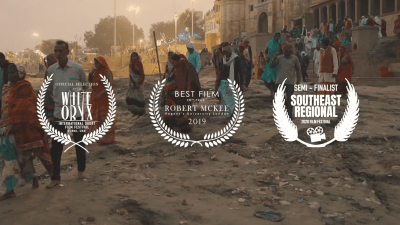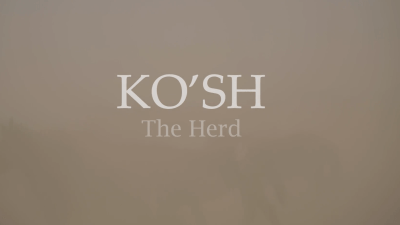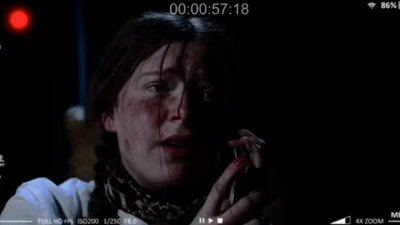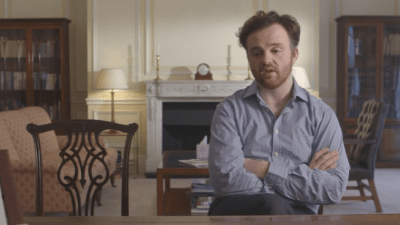How you'll learn
At Regent's you’ll have the freedom to explore your interests in a supportive and nurturing environment with interactive classes, regular one-to-one contact with tutors, specialist facilities, industry opportunities and tailored careers advice – ensuring you develop the skills, experience and confidence you need to succeed.
While you’ll study the historic and social contexts that shaped the industry, most of your time will be spent working practically on projects that you choose – from writing scripts and treatments to producing live television shows. Teaching is centred around practical group tasks, self-evaluation and the production of a portfolio of work that you'll use to showcase to future clients and employers.
Find your 23-24 academic calendar here.
Contact hours: Years 1 and 2: 18 hours per week. Year 3: 12-18 hours per week.
Teaching staff
You'll be taught by working film directors, editors, writers and production specialists who continue to work in this sector alongside teaching. Their knowledge and experience ensure your classes are shaped by the most current industry practices.
Our academics have a wealth of awards and experiences – from working on award-winning documentaries and screening their work at the Superbowl, to developing films in Hollywood and having their own BFI retrospectives to showcase their career highlights.
Academics include:
You'll also be allocated a personal tutor, who'll meet you on a one-to-one basis at various stages throughout the year to provide you with guidance and advice to support your personal and professional development.
Plus, you’ll benefit from regular guest speakers – from Hollywood actors to award-winning directors and producers. Past speakers have included directors Francis Anan and Ed Lovelace; writer and producer Vincent Ngo; cinematographer Trevor Forrest; editor Matyas Fekete and casting directors Simone Pereira Hind and Ben Cogan.
Independent learning
Throughout the course, you'll be expected to undertake extra study, which might include studio practice, watching film and television productions, reading relevant literature, attending workshops and lectures outside of the university and working collaboratively with students in preparation for assessment.
Method of assessment
Your skills and knowledge will be assessed via presentations, group work, pitches, production strategies, scripts, reflective essays, personal research and critical analyses of aspects of the film, television and theatre industries.
Disability Support
We welcome and support students with a wide range of disabilities and health concerns, including learning difficulties, visual and hearing impairments, mental health difficulties, autism conditions, mobility difficulties and temporary or chronic health conditions.
Our Student Support & Welfare team is here to support you. We ask that you speak with us as early as possible to enable us to support you. Find out more about our disability support and contact us.


















